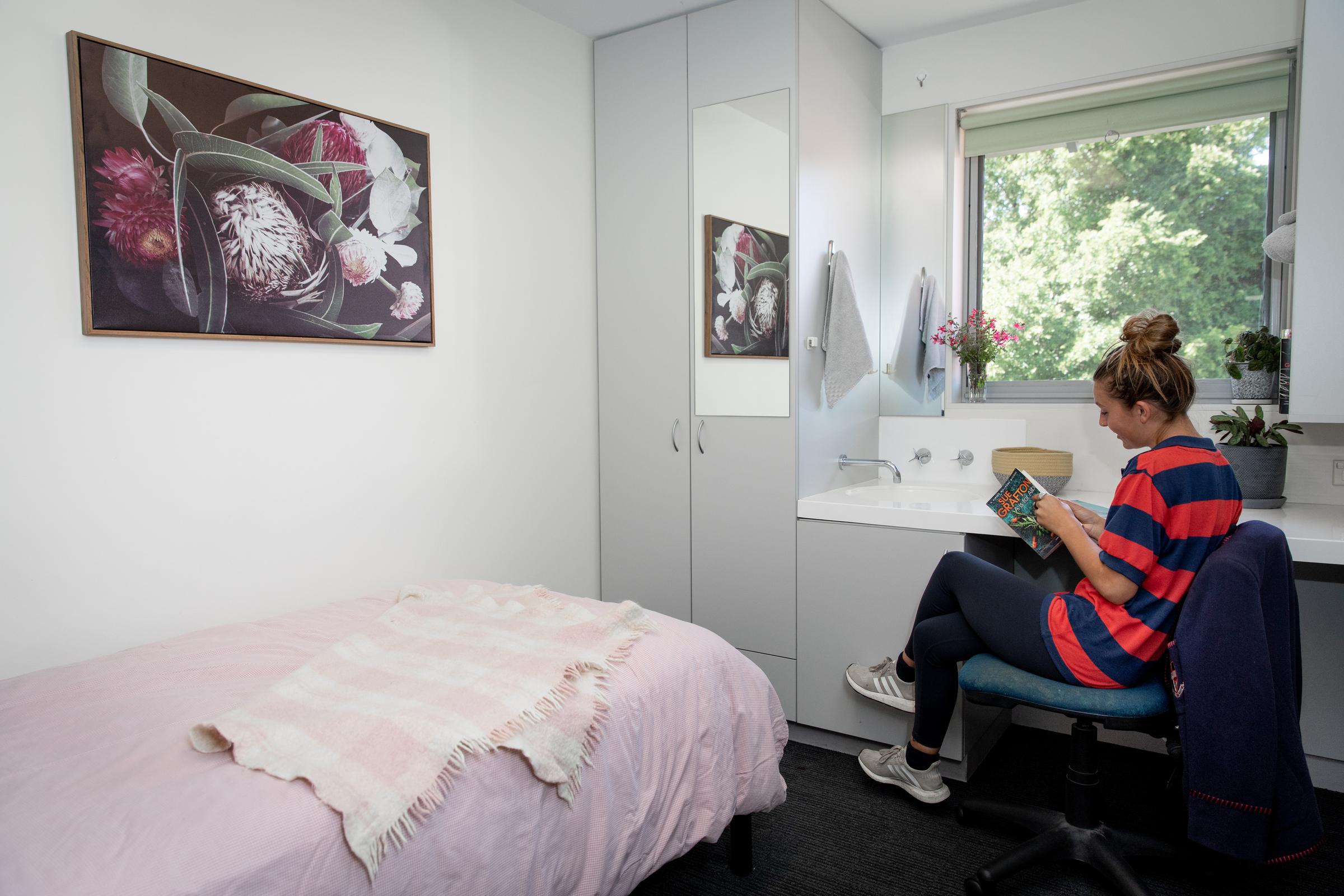Health

Students are urged to lead healthy, well-balanced lives and to understand the links between the physical, social, emotional, academic and spiritual elements in their lives. Life in a residential community should help students build the resilience needed to meet the challenges of life.
Balanced, nutritious meals, including international dishes, are served in the communal dining room. Staff supervise meals and there is plenty of food for healthy young appetites. Light snacks can be prepared in the student snack room, provided students clean up afterwards. Several mornings a week, students prepare and take their lunch to School.
In keeping with the School’s guidelines on prescription medicines, parents should provide the Director with all relevant, current medical information and update the information as required. Parents will complete a Medical Information Form, which will assist staff in caring fully for all students.
If a student is under the regular care of a doctor, medical specialist, psychologist or psychiatrist for any condition, parents are asked to provide a letter from the practitioner summarising the condition and current treatment to the school. Where relevant, this should also include a written description outlining the dosage, timing, and frequency of any prescribed medication.
All medications are to be handed to a staff member, who will ensure they are securely stored in the medical cupboard and administered as directed by the prescribing practitioner.
We also recognise that insufficient sleep is one of the most significant factors affecting adolescent health. Students are therefore expected to follow established bedtimes and aim for nine hours of sleep each night to support healthy brain function, learning, and wellbeing.
Regular exercise is important in maintaining both a healthy body and a healthy mind. Students should aim to complete at least three sessions of physical activity each week.
If a student is unwell, it is their responsibility to alert the Director of Residence or staff member on duty.
If a local or five-day boarder student remains unwell for a second consecutive day, boarding staff will liaise with the student’s family to consider whether spending time at home might support a quicker recovery. Having family close during times of illness can be a comfort and help the student feel more at ease. If a student remains home from school, they are encouraged to rest fully, and participation in afternoon outings and social activities will be limited until they are feeling well again.
